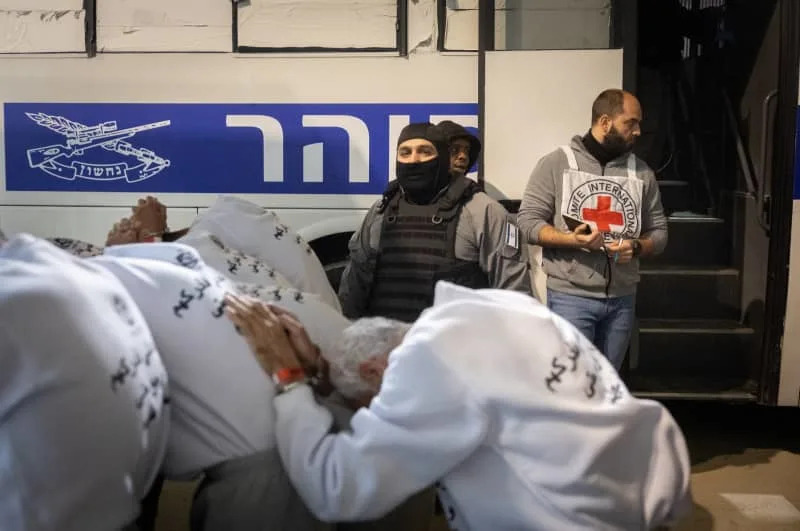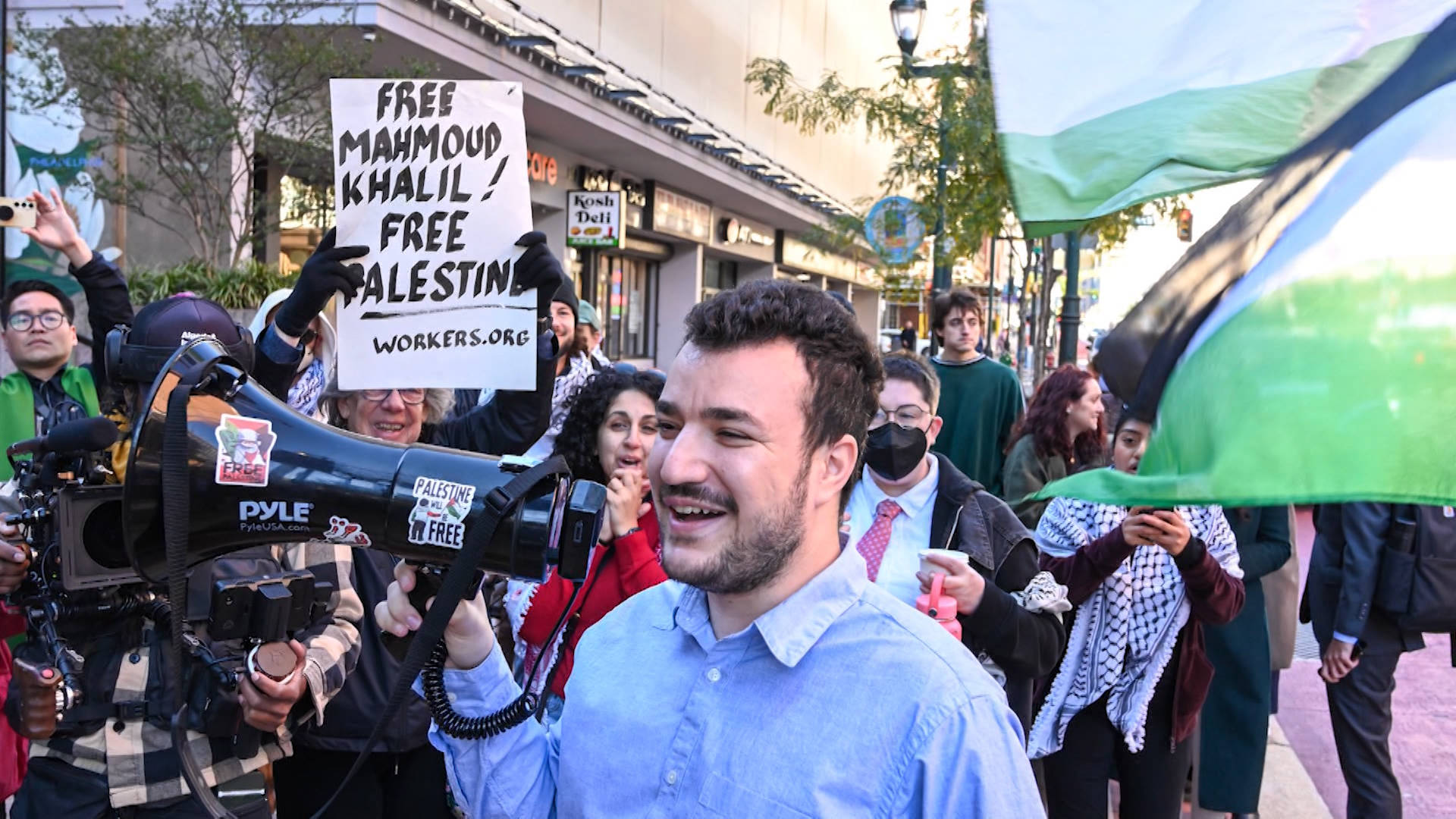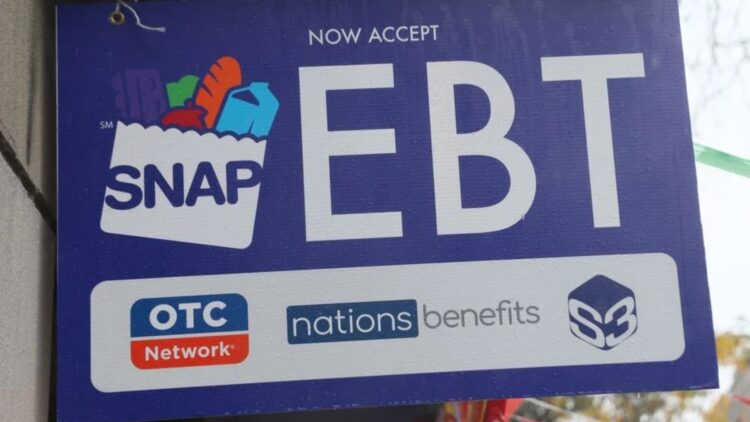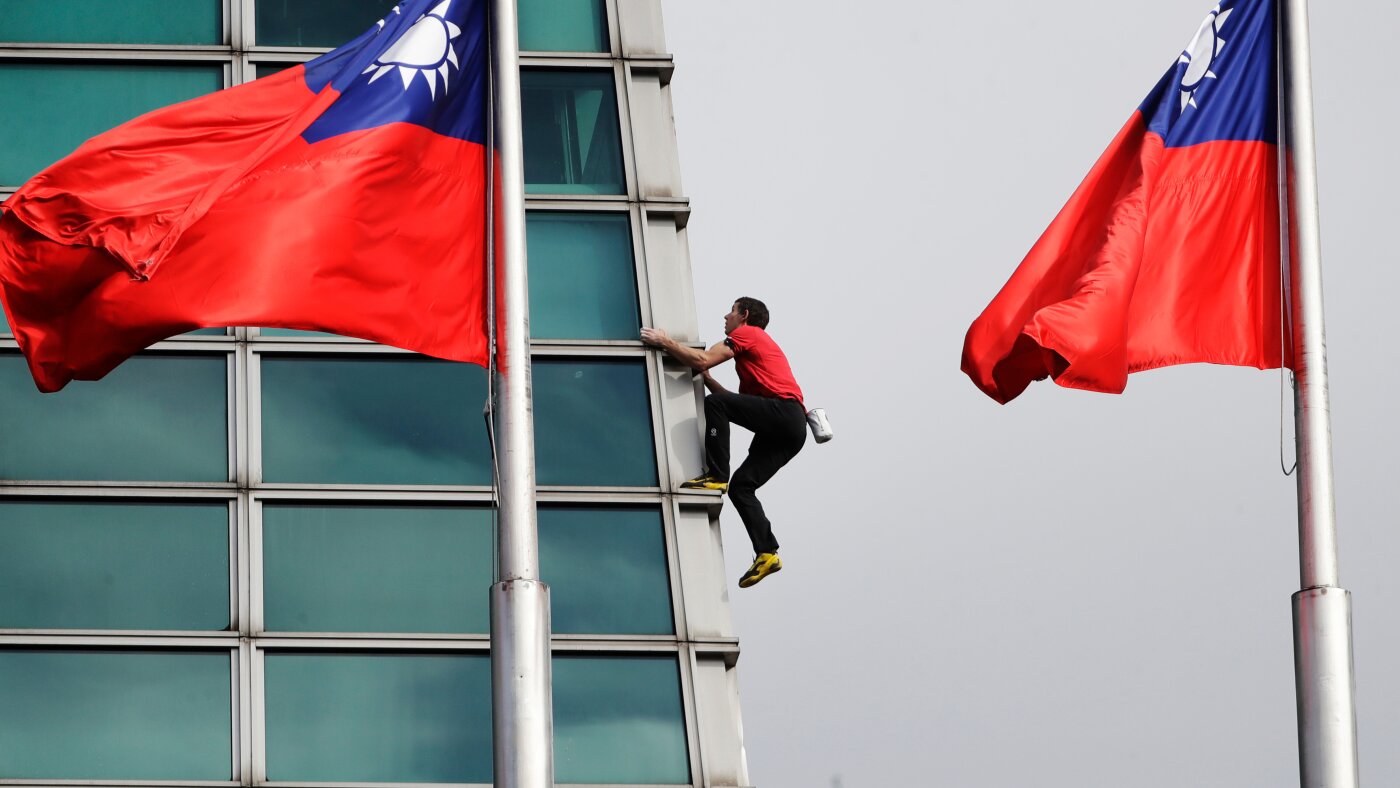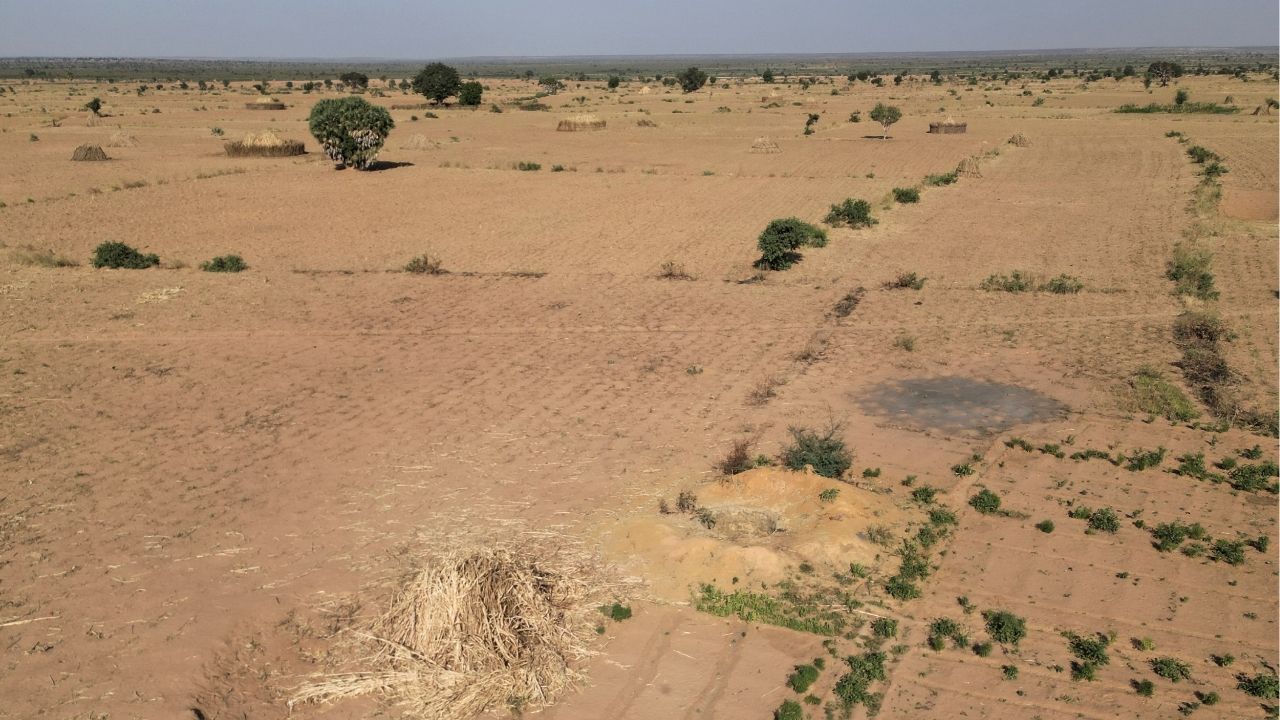Israel’s ongoing legal struggle regarding the International Committee of the Red Cross (ICRC) access to Palestinian prisoners intensified this week as the High Court of Justice conducted a critical hearing. The court, which features an expanded panel of five justices, including President Isaac Amit and Deputy President Noam Solberg, is examining a petition that demands the reinstatement of Red Cross visits to Palestinian detainees held in Israeli facilities.
The petitioners, which include the Association for Civil Rights in Israel (ACRI), Physicians for Human Rights–Israel, HaMoked, and Gisha, argue that Israel’s suspension of ICRC access, implemented in response to the October 7, 2023 attacks by Hamas, breaches both Israeli law and international humanitarian standards. Filed in February 2024, the petition claims that the suspension lacks legal justification and violates Israel’s obligations under the Geneva Conventions.
During the hearing, the petitioners presented testimonies alleging alarming conditions for detainees, including overcrowding, inadequate medical care, and severe food deprivation. These claims echo concerns raised by various human rights organizations over the past months, highlighting the urgent need for independent oversight.
The ICRC has publicly stated that it has been barred from accessing Palestinian detainees since October 2023. The organization maintains that such exclusion undermines its humanitarian mission in conflict zones. A ruling favoring the petitioners could challenge how Israel reconciles its security requirements with its legal and humanitarian responsibilities.
Israeli authorities contend that allowing Red Cross visits poses security risks, citing potential disruptions to prison operations and fears regarding the involvement of “foreign actors” in sensitive areas. In June 2024, in response to the ongoing legal proceedings, the government proposed an “alternative mechanism” to replace traditional ICRC visits. This proposal would involve appointing a different oversight body to monitor detention conditions and handle complaints.
Despite these plans, reports emerged in September that Israel had quietly abandoned a proposal to permit ICRC access to Palestinian detainees associated with Fatah. This decision followed significant opposition from security and political hardliners within the government, particularly from National Security Minister Itamar Ben-Gvir.
The legal process has faced numerous delays. The government has submitted multiple requests to postpone proceedings, with the most recent occurring last month when Prime Minister Benjamin Netanyahu‘s office sought an additional month’s deferral. Officials argued that restoring Red Cross access or releasing information could jeopardize ongoing negotiations regarding the return of hostages.
Legal representatives for human rights groups have criticized these delays as prioritizing political strategy over legal obligations. An ACRI representative described the situation as a “rolling-along policy,” emphasizing that the issue of prisoner access is distinct from hostage negotiations.
During the hearing, Justice Daphne Barak-Erez raised a pertinent question regarding the disparity in access among different organizations. Ben-Gvir’s firm stance on security prisoners was evident, as he reiterated that while he believes Hamas is a terrorist organization, Israel is still bound by its legal commitments.
The complexity of this case is heightened by the fact that there have been a total of 30 extension requests filed. Justice Barak-Erez highlighted the disorganization of the state as a concern, criticizing the last-minute submission of materials related to the hearing.
As the legal battle continues, the outcome of this case may significantly impact the future of humanitarian oversight in Israeli detention facilities and the broader context of Israeli-Palestinian relations.

